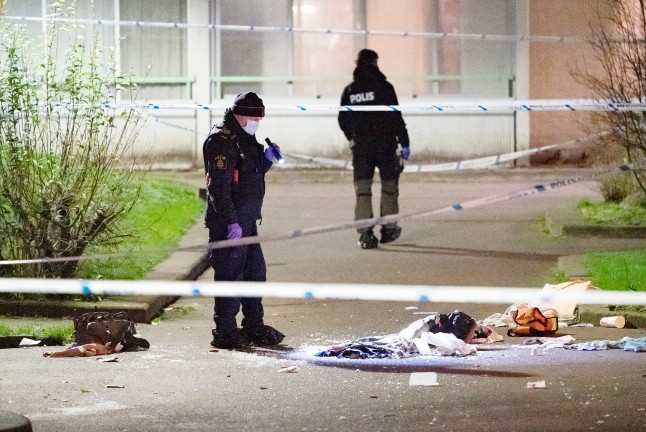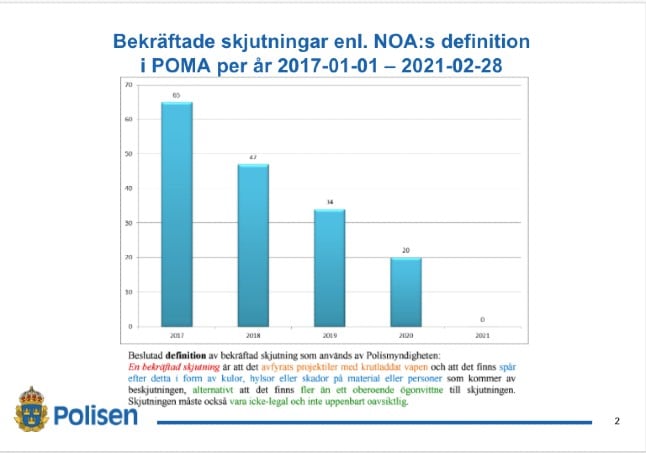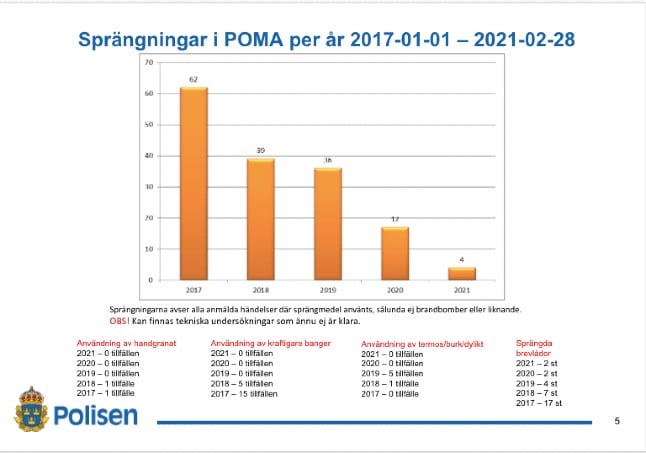MALMÖ
Malmö’s mouse restaurateurs take to open road
A photo of a mysterious mouse wagon has been posted by the Malmö street art group Anonymouse. What can it mean?
Published: 7 January 2017 10:49 CET

The wagon parked on a so-far unidentified street. Photo: Anonymouse|Instagram
Are Malmö’s mouse restaurateurs launching a trendy food wagon? Or have they decided to forgo the city for a life on the road?
A week after their restaurant Il Topolino and the nextdoor upmarket nut boutique Noix de Vie were vandalised in their location on a busy Malmö street, the guerrilla art troupe Anonymouse have given a glimpse of their next project, posting a photo of a miniature wagon on their Instagram account.
“Sneak peak of one of the upcoming… things,” the group write. “We don't want to ruin the surprise for anyone so we're trying to keep things minimal at this moment. But we're working on it! (it's not “out” yet, but you will be able to see it, along with the others later this spring.)”
The wagon is lit by an electric lamp, and has large windows on one side.
The miniature, mouse-sized shop and restaurant quickly gained international attention after appeared on a busy street in southern city Malmö in early December, with locals posting hundreds of snaps posted on social media.
Created by artists known only as 'Anonymouse', the work soon took on a life of its own as Malmö residents started adding new details to it, including cheese, Christmas gifts and its own bus stop.
On New Year’s Eve, the local Sydsvenskan newspaper reported that the restaurant and shop had been damaged by vandals.
“Since we do not know what happened, we have to assume that it is a gas leak from the kitchen that caused the damage,” the newspaper quoted Anonymouse as commenting in an e-mail. “It is just unfortunate that Noix de Vie which does not have a kitchen has also been damaged. But a representative from Il Topolino says that they really will review their procedures.”
By around 9.45pm on New Year’s Eve, the restaurant had been moved from its location.
Here is the Il Topolino restaurant when it opened in December.
Url copied to clipboard!





 Please whitelist us to continue reading.
Please whitelist us to continue reading.
Member comments